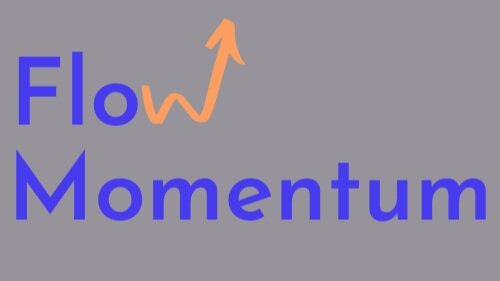Do personal assessments make a difference?
Do personal assessments truly make a difference in helping you to attain your goals? Well, it depends…
Choosing the RIGHT assessment
The first question to answer is, “What am I trying to achieve?” Assessments are simply tools. If you try to put together a table by using a Phillips head screw driver when the screws for the table are all square heads, you most likely will have a difficult time putting it together, if you can do it at all. There are tons of assessments available on the market that say they can address just about anything. Here’s just a sample of assessment focuses:
personality styles
behavior styles
management and leadership styles
which Hollywood star is most like you
strengths
communication style
aptitude
knowledge
competencies and skills
performance
motivation
interpersonal conflict
IQ
EQ
learning, education, and development
stress
time prioritization
life-work balance
team dynamics
engagement
satisfaction
The assessment(s) you choose should be directly related to your goal, or you’re going to be wasting your resources.
Choosing a QUALITY assessment
If it looks like a duck and quacks like a duck, it’s a duck… or is it? There’s a set of posts on Facebook that always make me laugh - The ones where customers purchase an item online and then post what they actually received when their order arrived: The ball gown bought for prom which showed up looking like a set of gauze pads sewn together. Furniture that turned out to be small enough to fit in a doll house. Brand name imposters. You have to really do your research to make sure the products you buy are legitimate.
The same concept applies to assessments. How do you know which ones are the real deal? You research. What statistical and scientific data supports the claims the assessments are making? The keys to look for behind the scenes of the assessment are: high reliability, high validity, and low adverse impact. This information can be found through technical reports, white papers, peer reviews, and case studies collected over a considerable amount of time.
When I’m asked why someone should pay for an assessment versus use the free surveys online, I challenge them to look into the research for the particular tool they are using. Yes, there are a few tools backed by research that are free because have been around for a long time or have been supported through donations. The most effective assessments, however, come from companies which conduct ongoing research to continually update and validate their tools. If they are not investing back into their tools, those tools become less valuable in a constantly changing landscape. In other words, research drives better application to today’s real world. If you cannot apply many things from the assessment, then perhaps the quality of the assessment is lacking.
Another way to gauge the quality of an assessment is how much use you might get out of it. Ask around - What do you continue to use this report for? How often do you refer back to the assessment report? If it’s a report that you can use over and over again for a variety of situations, then it’s a high quality assessment. If you find that people are looking at it once and never look at it again, then it’s probably a waste of your time and investment.
Choosing the QUANTITY of assessments
The quality of assessments influence the quantity of assessments you’ll need to complete in order to have the right set of tools for reaching your goal. Focus on assessments that see the individual as whole, as opposed to pieces. What do I mean? Choose assessments that integrate with one another to form a more complete picture of who you are and how that helps you to reach your goal. Integrated assessments take the guess work out of how two reports relate to one another. For example, how do my leadership styles relate to my level of engagement? If you took an assessment for leadership and then separately took an inventory of your engagement, these are two separate instruments and would be hard to use together. On the other hand, taking integrated assessments from the same provider means you’re usually explained in detail the connections between assessments, so it takes out any guesswork.
Choosing an appropriate DEBRIEF METHOD
Finally, many free assessments provide you with a report and leave you to interpret the findings on your own. The best assessments come with a debrief session from a professional that is trained and / or certified in the tool. When you pair a coach and an assessment together, you get tremendous value. This pairing ensures that you accurately interpret results, and it also leads to a deeper dive for how you can get the most out of your assessment results. You’ll explore with your coach real-life, practical application, blind spots, and challenges that will help you to get to your goals. You’ll be able to look at your assessment over and over again, and consistently develop action plans to move forward with your own personal development.
SO… Do assessments make a difference? YES - if you choose the right, quality set of assessments and when you pair them with a detailed debrief from a trained coach.
Flow Momentum Coaching & Consulting, LLC offers a variety of assessments to help you gain momentum toward your goals. All assessments come from leading providers backed by research, and they include debrief sessions with your trained and certified coach. Schedule a free discovery session to find out which ones may help you on your journey. Click below to view more about the specific assessments I offer.

